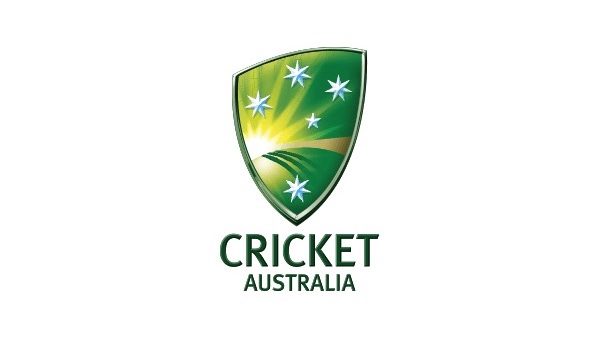Cricket Australia welcomes T20 World Cup plan as legal dispute with Seven drags on
Negotiations for the rights to broadcast cricket in Australia later in the decade will need to factor in another international tournament on home soil after Australia and New Zealand were selected as host nations for the 2028 T20 World Cup.
Cricket Australia and New Zealand Cricket welcomed the announcement overnight from the International Cricket Council, saying it will provide a ‘perfect stepping stone’ to having cricket included in the 2032 Olympics in Brisbane.


